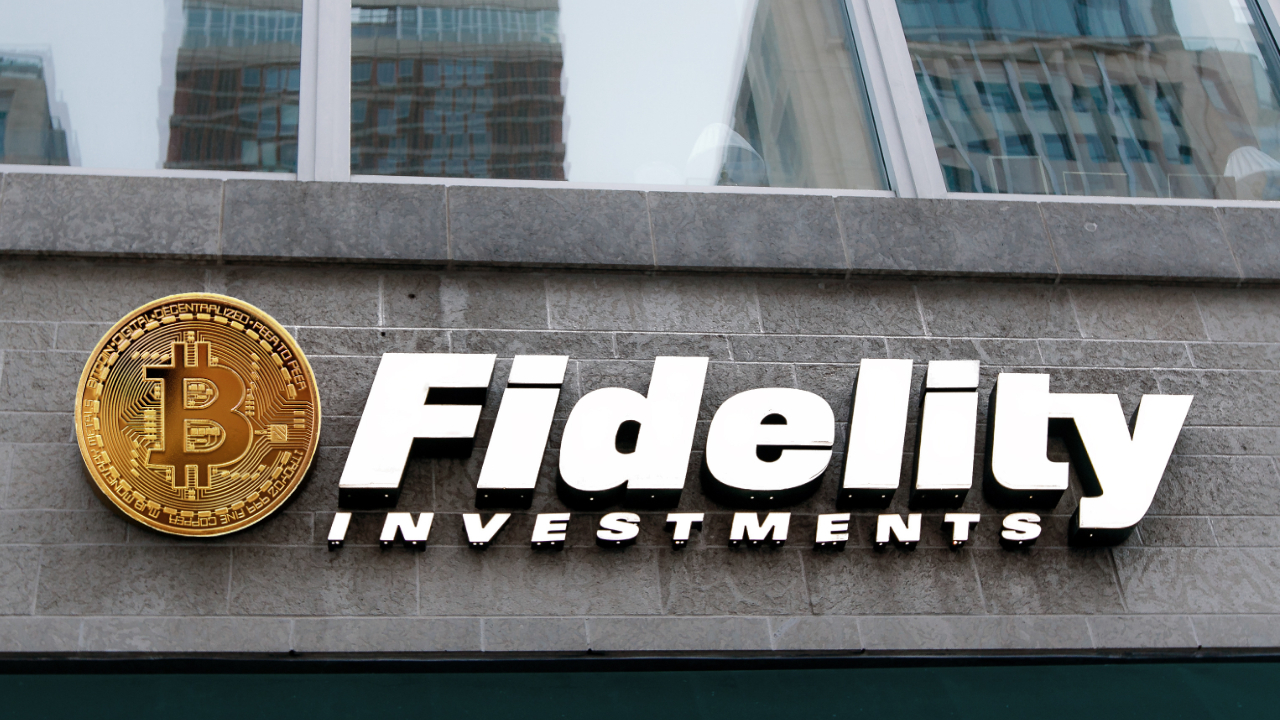Fidelity Launches Crypto Retirement Accounts for U.S. Investors
03.04.2025 19:00 2 min. read Alexander Stefanov
Fidelity is making a bold move into the crypto space by offering new retirement accounts that let Americans invest in digital assets with minimal fees.
The financial giant, managing around $5.9 trillion, has introduced three types of IRAs: a traditional tax-deferred account and two Roth IRAs, one of which is a rollover. These accounts will support buying and selling Bitcoin, Ethereum, and Litecoin. While opening and maintaining the accounts is free, Fidelity charges a 1% spread on crypto transactions.
This initiative is managed by Fidelity Digital Assets, a subsidiary that typically caters to institutional investors. By expanding to retail clients, Fidelity signals a shift in how mainstream financial institutions view crypto as part of retirement planning. The move also reflects the growing acceptance of digital assets in the U.S., where companies like Circle are pursuing public listings and Bitcoin reserves are becoming a strategic choice.
To ensure security, most of the crypto held within these accounts is stored offline in cold wallets, minimizing hacking risks. This cautious approach highlights Fidelity’s commitment to safeguarding client assets.
In the past, accessing crypto through retirement accounts was challenging since few IRA providers allowed direct purchases. Although Bitcoin and Ethereum ETFs have offered some exposure since 2024, direct investment options remained limited. Recently, some companies like BitIRA began offering crypto-specific IRAs, including altcoins like Litecoin, to meet growing demand.
Efforts to integrate crypto into retirement savings are gaining traction. Senator Tommy Tuberville recently proposed a bill to make it easier for Americans to include cryptocurrencies in their 401(k) plans, aiming to reduce current regulatory restrictions. As traditional finance increasingly intersects with the crypto world, Fidelity’s move marks another step toward broader adoption.
-
1
Singapore Court Orders Multichain Liquidation After Major Exploit
16.05.2025 17:00 1 min. read -
2
Binance Pushes Back Against FTX Lawsuit, Calls Claims “Baseless”
21.05.2025 8:00 2 min. read -
3
Ark Invest Buys Into eToro as Shares Surge on Nasdaq Debut
16.05.2025 8:00 1 min. read -
4
New Ethereum Initiative Targets Institutional-Grade Security Standards
16.05.2025 14:00 1 min. read -
5
JPMorgan CEO Warns Market Is Overlooking Risks from Tariff Tensions
22.05.2025 8:00 1 min. read
Yuga Labs Moves to Dismantle ApeCoin DAO in Favor of Centralized Structure
In a bold move to reshape the future of ApeCoin, Yuga Labs has introduced a proposal that would dissolve the existing ApeCoin DAO and replace it with a streamlined management body called ApeCo.
ARK Invest Makes Bold Bet on Circle as Stablecoin Giant Enters Wall Street
Circle’s arrival on the New York Stock Exchange sent shockwaves through the market, and Cathie Wood’s ARK Invest wasted no time jumping in.
WazirX Restructuring Plan Blocked by Singapore High Court
WazirX’s bid to restructure and compensate victims of a $230 million hack has been rejected by the Singapore High Court, putting the exchange’s recovery roadmap in limbo.
Tariffs Not a Threat to S&P Momentum, Says Fundstrat’s Tom Lee
Fundstrat’s Tom Lee believes that lingering caution in the stock market could actually be setting the stage for another bullish breakout.
-
1
Singapore Court Orders Multichain Liquidation After Major Exploit
16.05.2025 17:00 1 min. read -
2
Binance Pushes Back Against FTX Lawsuit, Calls Claims “Baseless”
21.05.2025 8:00 2 min. read -
3
Ark Invest Buys Into eToro as Shares Surge on Nasdaq Debut
16.05.2025 8:00 1 min. read -
4
New Ethereum Initiative Targets Institutional-Grade Security Standards
16.05.2025 14:00 1 min. read -
5
JPMorgan CEO Warns Market Is Overlooking Risks from Tariff Tensions
22.05.2025 8:00 1 min. read


